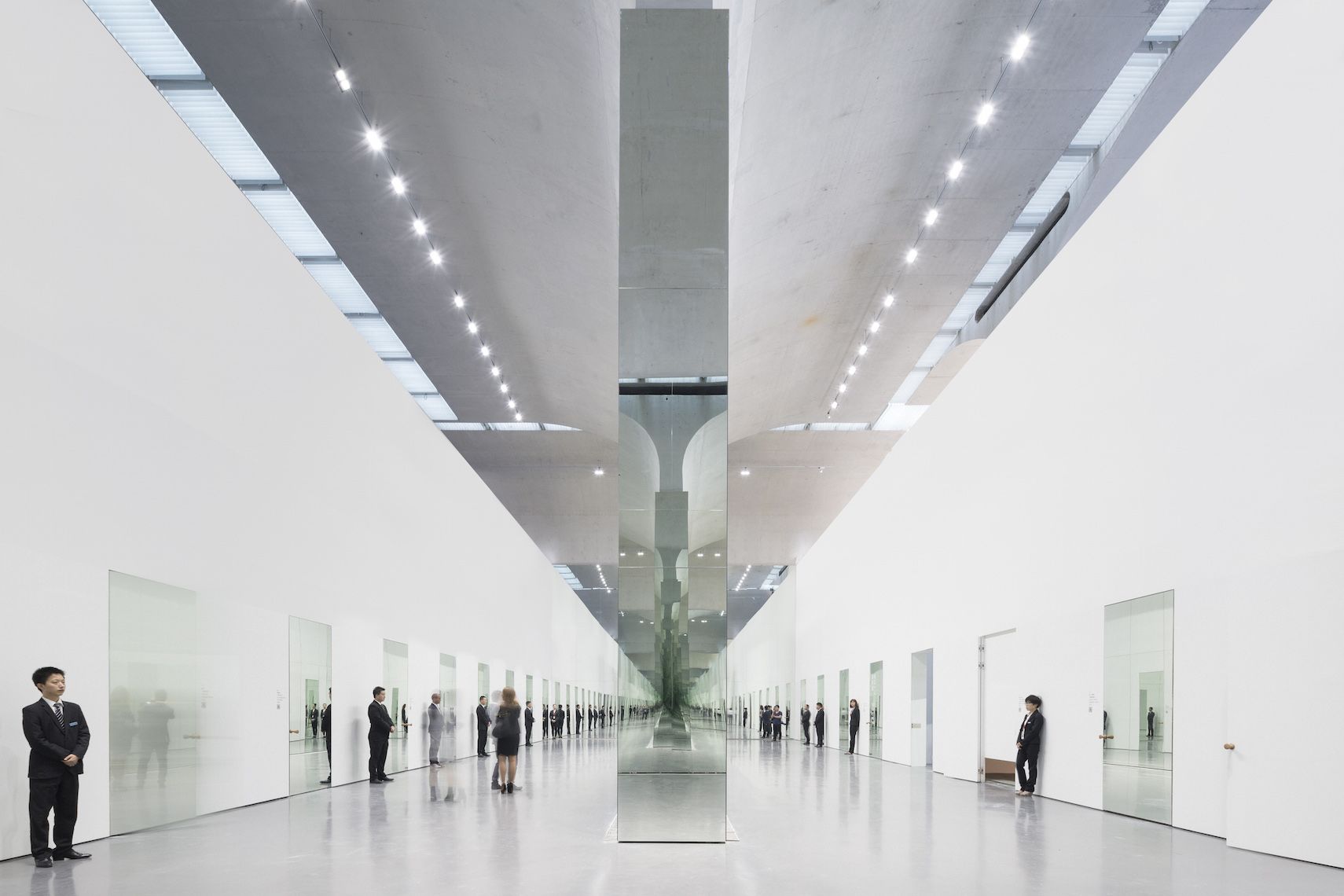
Maison Wormer
Extension of a house.
This house, built in the late 1940s, is situated on the banks of the Mosel River in Luxembourg. It has undergone an extensive renovation, which includes an expanded top floor and a new annex. The annex houses a spacious dining area and a generous living zone. In order to seamlessly integrate the new areas into the existing spatial structure, the existing building was generously cut open to create a seamless transition between the original and the more spacious, open spaces of the extension. The design objective was to preserve the house’s inherent charm while making it more open and connected to its surroundings, blurring the boundaries between indoor and outdoor living. The natural topography of the site has also been woven into the interior design, with terraced levels that reflect the landscape’s contours.
Client
Private
Team
Marc Schmit, Pascal Berger, He Mengjia, William Vachon, Henning Ströh, Silvina Colombato
Structural Engineering
doing s.à.r.l.
Energy Consultant
Gebäude Energie Beratung Reinert
Photo credits
William Vachon









In order to seamlessly integrate the new areas into the existing spatial structure, the existing building was generously cut open to create a seamless transition between the original and the more spacious, open spaces of the extension.









In order to seamlessly integrate the new areas into the existing spatial structure, the existing building was generously cut open to create a seamless transition between the original and the more spacious, open spaces of the extension.









In order to seamlessly integrate the new areas into the existing spatial structure, the existing building was generously cut open to create a seamless transition between the original and the more spacious, open spaces of the extension.









In order to seamlessly integrate the new areas into the existing spatial structure, the existing building was generously cut open to create a seamless transition between the original and the more spacious, open spaces of the extension.









In order to seamlessly integrate the new areas into the existing spatial structure, the existing building was generously cut open to create a seamless transition between the original and the more spacious, open spaces of the extension.









In order to seamlessly integrate the new areas into the existing spatial structure, the existing building was generously cut open to create a seamless transition between the original and the more spacious, open spaces of the extension.









In order to seamlessly integrate the new areas into the existing spatial structure, the existing building was generously cut open to create a seamless transition between the original and the more spacious, open spaces of the extension.









In order to seamlessly integrate the new areas into the existing spatial structure, the existing building was generously cut open to create a seamless transition between the original and the more spacious, open spaces of the extension.









In order to seamlessly integrate the new areas into the existing spatial structure, the existing building was generously cut open to create a seamless transition between the original and the more spacious, open spaces of the extension.









In order to seamlessly integrate the new areas into the existing spatial structure, the existing building was generously cut open to create a seamless transition between the original and the more spacious, open spaces of the extension.









In order to seamlessly integrate the new areas into the existing spatial structure, the existing building was generously cut open to create a seamless transition between the original and the more spacious, open spaces of the extension.









In order to seamlessly integrate the new areas into the existing spatial structure, the existing building was generously cut open to create a seamless transition between the original and the more spacious, open spaces of the extension.









In order to seamlessly integrate the new areas into the existing spatial structure, the existing building was generously cut open to create a seamless transition between the original and the more spacious, open spaces of the extension.


































